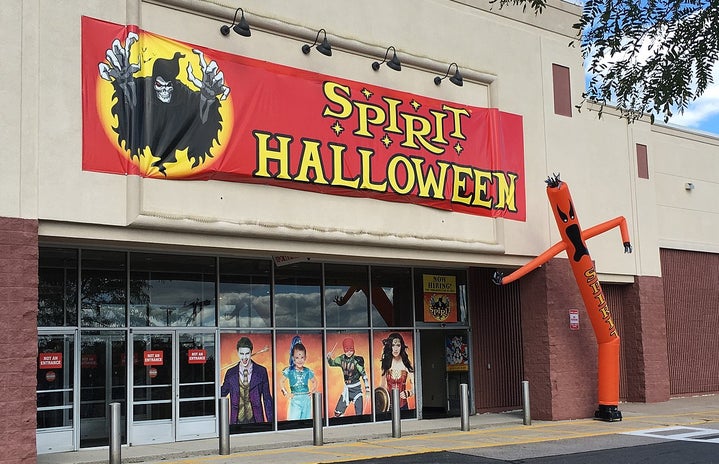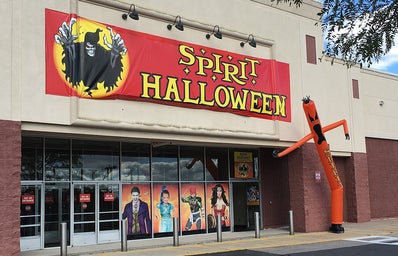As we approach Halloween, it’s important to understand why some costumes can be problematic and a form of cultural appropriation. In an article by Good Housekeeping, cultural appropriation is defined as “when a person from one culture adopts the fashion, iconography, trends or styles from a culture that’s not their own.” It is especially problematic when most cases of cultural appropriation around Halloween costumes come from marginalised or oppressed groups of people.
One of the biggest problems with cultural appropriation is distinguishing between innocence and ignorance as some people are aware that they are appropriating another culture whilst others are simply uneducated on the matter. However, over the past few years, social media has done the job of informing people about keeping cultural appropriation in mind when dressing up. It’s taking one aspect of a culture and dressing it up for entertainment while forgetting all the other aspects of the culture you might be offending. Many people see costumes as fun or pretty and take it on a surface-level view, but many Halloween costumes hold deep, historical significance which are not fully appreciated.
Cultural appropriation around Halloween costumes not only means people doing blackface and dressing up in Native American, African or Asian garments. It also means over-sexualising a cultures dress and or traditions. An example of this is Ashley Tisdale’s costume in which she dressed up the famous skull from the Mexican tradition of Día de los Muertos, in which Mexican people celebrate their relatives who have passed on. Other forms of cultural appropriation which have been done over the years include dressing up in Nazi uniforms or the traditional Arab sheikh.
What’s most problematic is that most of these forms of cultural appropriation have been done by white people, specifically celebrities who are in the public eye and should know better. Bill Murray and Julianne Hough have done blackface for Halloween costumes, while Paris and Nicky Hilton have dressed as Native Americans. Scott Disick has dressed as a Sheikh while Tia Mowry wore whitened makeup to look like a geisha. It is okay to like a character from a movie or show, but the problem arises in the way in which you choose to appreciate that character.
One of the main statements people have made towards cultural appropriation in the context of Halloween costumes, is that one person’s culture is not another person’s costume. Many minority groups find themselves as the brunt of the joke on Halloween night, but the same people who dress up to look like a person from a different culture or racial group are often the same people who turn a blind eye to the problems those minority groups face.
The main question you should ask yourself before wearing a costume for Halloween is, ‘Will this costume directly affect or hurt a certain racial group or culture?’ If the answer is yes, then you should reconsider your costume.


